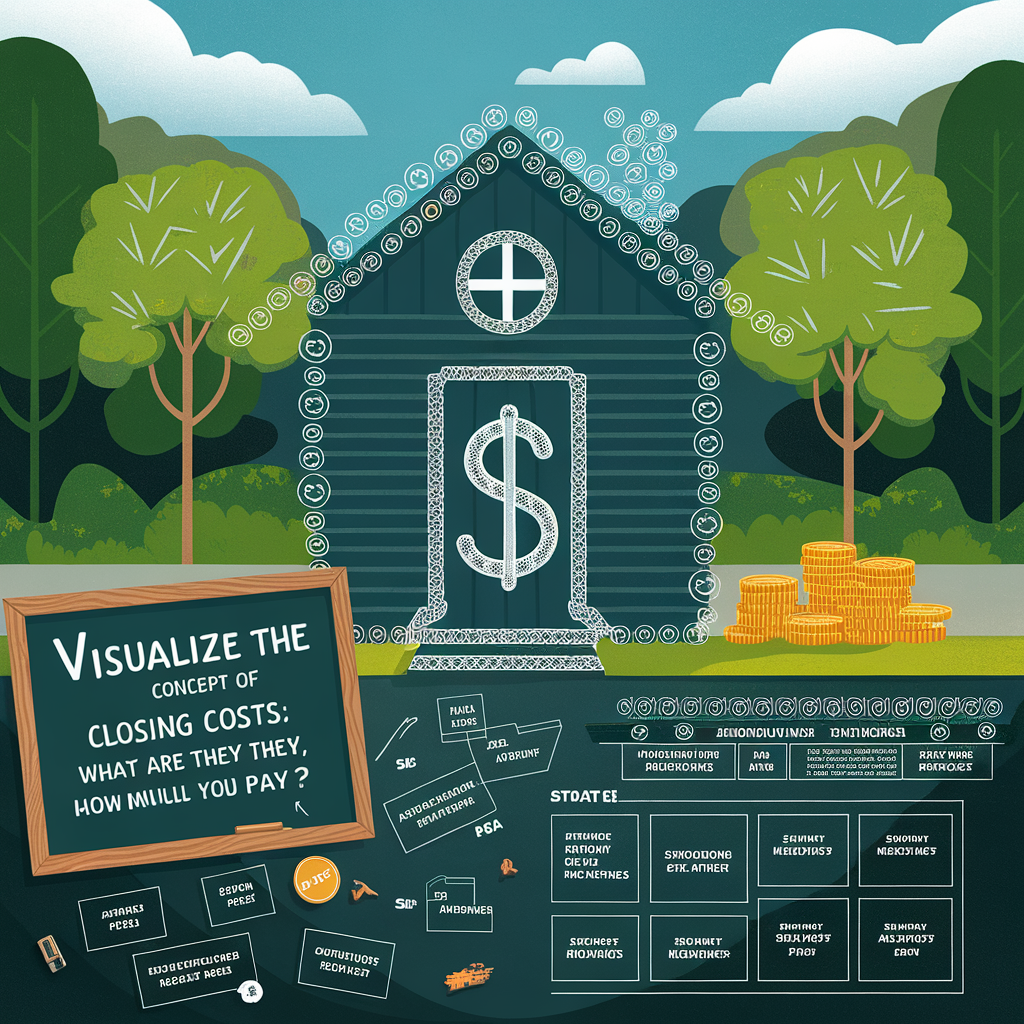Protecting Your Credit Card Information After a Data Breach
At O1ne Mortgage, we prioritize your financial security and education. Learning that your credit card information has been compromised in a data breach can be alarming. A data breach exposes your personal information to unauthorized individuals, and while you can’t prevent it from happening, there are steps you can take to mitigate potential damage. Here’s a comprehensive guide on what to do if your credit card information is compromised and how to protect it in the future.
Immediate Actions to Take After a Data Breach
Request New Credit Cards
If your credit card number has been exposed, contact your credit card issuer immediately to request new cards. This process is similar to reporting a lost card. Your account, credit history, and credit limits will remain the same, but you will receive a new card number. Many issuers offer expedited shipping upon request. Remember to update any recurring charges or autopayments with your new card number.
Change Your Passwords
Changing your passwords is a crucial step in protecting your accounts. Create strong, unique passwords for each account and avoid reusing passwords. Consider using a password manager to keep track of your passwords. Additionally, enable multifactor authentication for an extra layer of security.
Monitor Your Transactions
Regularly check your online account transactions to spot any unauthorized activity. Setting up alerts for every transaction can help you stay informed about the use of your credit card number.
Additional Steps to Secure Your Information
Add a Fraud Alert
You have the right to add a fraud alert to your credit file by notifying one of the three major credit bureaus (Experian, TransUnion, or Equifax). The other two bureaus will be automatically notified. Fraud alerts last for one year and can be renewed. They prompt potential creditors to take extra steps to verify your identity before granting credit.
Freeze Your Credit
Freezing your credit limits creditors’ access to your credit report, preventing new accounts from being opened in your name. You must freeze your credit report at each bureau individually. If you need to apply for credit, you will have to lift the freeze temporarily. While a credit freeze offers robust protection, it can be cumbersome. In many cases, a fraud alert may be a more convenient option.
Best Practices for Protecting Your Credit Card Information
Be Cautious with Your Credit Card Number
Avoid giving out your credit card number unnecessarily. Ensure that any authorized users on your account practice good security habits.
Secure Your Passwords
Do not save your account passwords online or keep a photo of your card on your phone. Instead, use a digital wallet for secure transactions.
Avoid Public Wi-Fi
When using your credit card to make online purchases, avoid public Wi-Fi networks. These networks are often less secure and can be a target for hackers.
Consider Using a Digital Wallet
Digital wallets offer a secure way to store and use your credit card information. They use encryption and tokenization to protect your data during transactions.
The Bottom Line
Being notified of a data breach can be unsettling, but taking proactive steps can help you protect your information. Requesting new credit cards, changing passwords, and monitoring transactions are essential actions. Additionally, consider adding fraud alerts or freezing your credit for added security. Regularly checking your credit reports and using credit monitoring services can also help you detect unauthorized activity.
At O1ne Mortgage, we are committed to helping you navigate financial challenges. If you have any questions or need assistance with your mortgage services, please call us at 213-732-3074. Our team is here to provide you with the best support and guidance.
Stay vigilant and protect your financial well-being with these practical steps. For more information and personalized assistance, reach out to O1ne Mortgage today.







